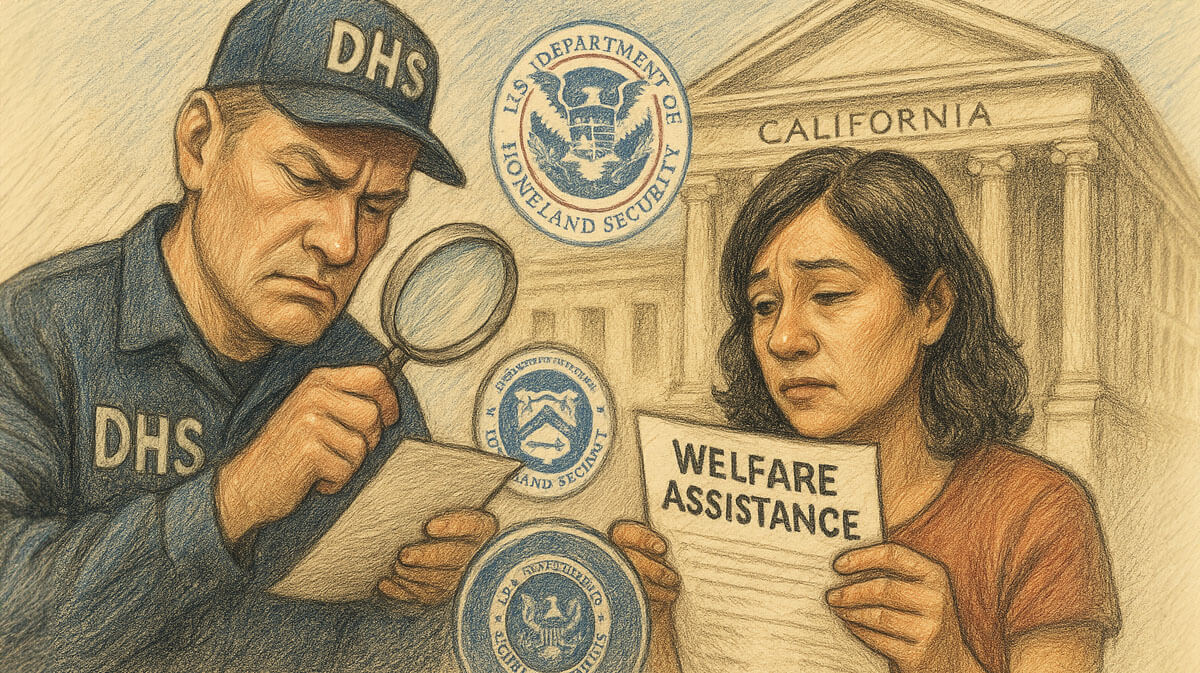The Department of Homeland Security (DHS), under the directive of ICE's Homeland Security Investigations (HSI), has issued subpoenas to the state of California in an inquiry into the state's Cash Assistance Program for Immigrants (CAPI). The investigation, announced on May 12, 2025, aims to determine if federal funds are being misappropriated to support illegal immigrants who are not eligible for federal welfare benefits.
CAPI is a state-funded program that provides monthly benefits to elderly, blind, or disabled non-citizens who do not qualify for Supplemental Security Income (SSI). Despite being a state initiative, DHS argues that federal taxpayer dollars may inadvertently be bolstering illegal immigrants through this program. The subpoenas are seeking a wide range of documentation, including personal identifying information and records of applications dating back to 2021, specifically from Los Angeles County, although it is indicated that the scope may expand to other jurisdictions.
Homeland Security Secretary Kristi Noem has taken a strong stance against what she perceives as California's prioritization of illegal aliens over American citizens. In a statement released on Monday, Noem condemned the state's officials and underscored the Trump administration’s commitment to ending what it deems as exploitation of public benefits by non-citizens. “If you are an illegal immigrant, you should leave now. The gravy train is over,” Noem declared, signaling a broader intent to clamp down on alleged abuses in sanctuary states.
California's officials have remained silent on the matter, with Governor Gavin Newsom's office declining to comment. The DHS action follows a separate accusation by the Economic Policy Innovation Center (EPIC), which claims that California has misused federal Medicaid funds through a sophisticated scheme purportedly benefiting both illegal immigrants and wealthier residents. EPIC alleges that nearly $19 billion in federal dollars have been drawn into the state’s Medicaid program with no state contribution required, calling it a "money laundering scheme."
In contrast, the California Department of Healthcare Services has refuted EPIC's report, labeling the allegations as "misleading" and pointing individuals to their official website for accurate information.
This scrutiny of California’s welfare programs by federal authorities highlights a broader national debate on immigration and the use of public funds. As DHS proceeds with its investigation, the implications for both immigration policy and federal-state relations loom large. The outcome of this inquiry could have far-reaching effects on how states administer aid to non-citizen populations and manage their welfare programs in compliance with federal law.





